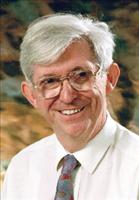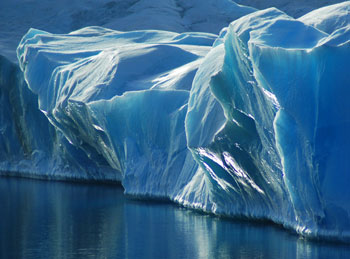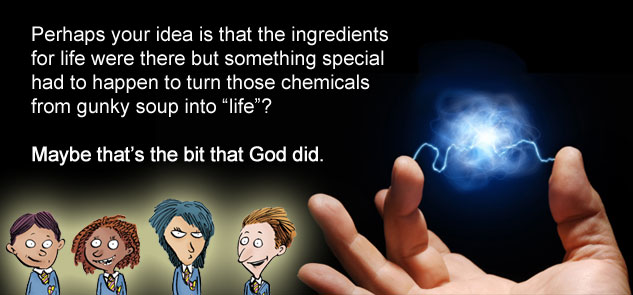God of the gaps
How Did Life Begin?
There are many people who believe that science will never explain how life began – in their view, the first spark of life was created miraculously by God.
What religious scientists say
It’s not a popular approach with scientists who are religious. It is, they say, an example of ‘God of the Gaps’ thinking.
God of the gaps
The “God of the gaps” idea is the idea that when something surprising happens which science can’t explain then it must have been a special act of God – so ‘God fills in the gap’.
Those who oppose this kind of thinking argue that it is shortsighted to insist that God is in the ‘gaps’ that science doesn’t currently fill.  If science keeps filling in the gaps, there will soon be noth
If science keeps filling in the gaps, there will soon be noth ing left for God.
ing left for God.
Most scientists believe that everything in the natural world is open to scientific investigation and that science will be able to explain everything that happens eventually.
Scientists who believe in God say that God DID create life but he did it by engineering the universe to work in a way that meant that the ingredients for life were ‘naturally’ all there, in the right place at the same time. And this, they point out, was no small achievement.
Did God stir the chemical soup that produced life?
John Billingsley is a Professor of Engineering and a scientist who admires the ‘cleverness’ of the universe.
Professor John Billingsley
 As an engineer, I enjoy taking things apart to find out how they work and how they were designed.
As an engineer, I enjoy taking things apart to find out how they work and how they were designed.
It is called ‘Reverse Engineering’. You often find that little features you didn’t even notice have a huge part to play in making the invention work.
It is fun to try Reverse Engineering the universe. And when you do, it seems to me there are lots of things which push coincidence a bit too far.
 As you know, when water freezes, it becomes ic
As you know, when water freezes, it becomes ic e and ice floats.
e and ice floats.
This is odd because most liquids become denser when they freeze. Water, however, expands as it changes to ice. And the result? When lakes freeze, ice does not gather at the bottom, but at the top, trapping a layer of warmer water underneath. This is a very happy ‘fluke’ of nature because it gives fish and other living things a chance to survive.
 Scientists know why water is unusual and expands as it freezes – we can explain it with chemistry. That makes the universe even neater in my view. I’d be disappointed to find on investigation that our universe is held together with sticky tape. Instead I can imagine God as a “Cosmic Engineer” scratching His head and devising ways to things happen.
Scientists know why water is unusual and expands as it freezes – we can explain it with chemistry. That makes the universe even neater in my view. I’d be disappointed to find on investigation that our universe is held together with sticky tape. Instead I can imagine God as a “Cosmic Engineer” scratching His head and devising ways to things happen.
As I say, the more I look into it, the more interesting features I notice. What’s more I suspect that there is a host of other clues, right under our noses, which we’ll never even spot.
So to summarise, there are some people who see the gaps in our current knowledge as moments when God intervened directly. Most scientists who believe in God say that this is short-sighted. Those gaps may be filled at any moment!

God, in their view, is not hidden in the gaps and events we don’t understand. God sustains the Universe. In practice, they say, this means when we look at the Universe, we are seeing God’s creation. The way the Universe works is ‘clever’ and ‘remarkable’, and this say those who believe in God, is because of its remarkable Creator.
